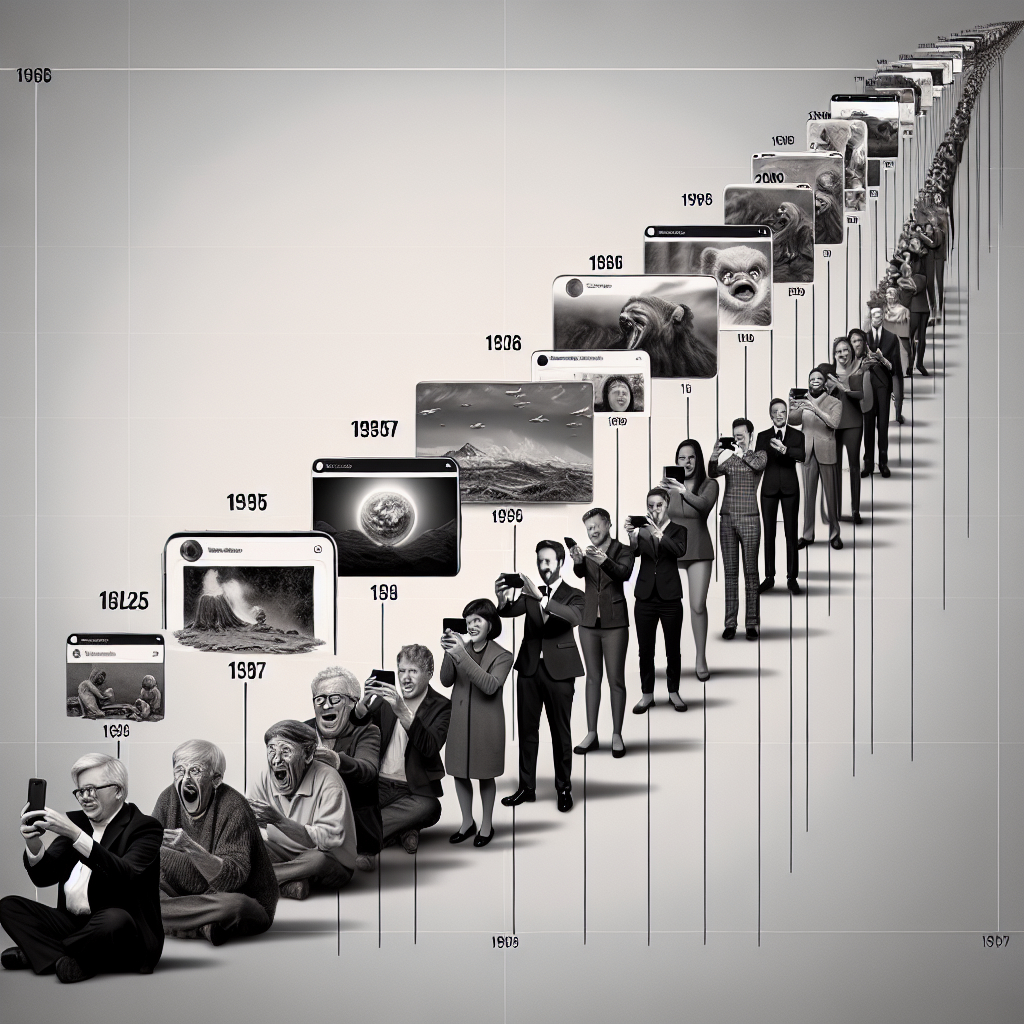Social media has revolutionized the way social movements and activism are conducted, providing a platform for voices that might otherwise go unheard. This article delves into the multifaceted role of social media in modern social movements and activism, exploring its benefits, challenges, and the future it holds for grassroots campaigns.
The Power of Social Media in Mobilizing Communities
One of the most significant impacts of social media on social movements is its unparalleled ability to mobilize communities quickly and efficiently. Platforms like Twitter, Facebook, and Instagram have become essential tools for activists to disseminate information, organize events, and rally support. The speed at which information can be shared allows for real-time updates and immediate calls to action, which are crucial in maintaining momentum in any movement.
For instance, the Arab Spring, which began in late 2010, is often cited as a prime example of social media’s power in mobilizing communities. Activists used platforms like Facebook and Twitter to organize protests, share information about government actions, and garner international attention. The hashtag #Jan25, referring to the date of the first major protest in Egypt, became a symbol of the movement and helped unify participants across the globe.
Moreover, social media allows for the creation of virtual communities that transcend geographical boundaries. This global connectivity enables activists to share strategies, resources, and moral support, fostering a sense of solidarity that can be incredibly empowering. The Black Lives Matter movement, which gained international prominence following the death of George Floyd in 2020, utilized social media to spread its message worldwide. Hashtags like #BlackLivesMatter and #JusticeForGeorgeFloyd became rallying cries that united people from different countries and backgrounds in a common cause.
Challenges and Criticisms of Social Media in Activism
While social media offers numerous advantages for social movements, it is not without its challenges and criticisms. One of the primary concerns is the issue of misinformation. The rapid spread of information on social media can sometimes lead to the dissemination of false or misleading content, which can undermine the credibility of a movement. Activists must be vigilant in verifying the information they share to maintain the integrity of their cause.
Another significant challenge is the phenomenon of „slacktivism,” where individuals engage in minimal effort activities, such as liking or sharing a post, and feel they have contributed to a cause. While these actions can raise awareness, they often do not translate into meaningful, real-world change. Critics argue that social media can create a false sense of accomplishment, leading to complacency among supporters.
Additionally, social media platforms are often subject to censorship and surveillance, which can pose risks to activists. Governments and other entities may monitor online activities, leading to arrests, harassment, or other forms of repression. For example, during the Hong Kong protests in 2019, activists faced significant challenges as the Chinese government increased its surveillance and censorship efforts. Despite these obstacles, activists continued to use social media to coordinate and share information, demonstrating the resilience and adaptability of modern social movements.
The Future of Social Media in Social Movements
As technology continues to evolve, so too will the role of social media in social movements and activism. Emerging technologies such as blockchain and decentralized social networks hold the potential to address some of the current challenges, such as censorship and misinformation. These technologies can provide more secure and transparent platforms for activists to organize and share information.
Moreover, the increasing integration of artificial intelligence (AI) and machine learning in social media platforms can offer new tools for activists. AI can help identify and counteract misinformation, while machine learning algorithms can analyze social media trends to predict and respond to emerging issues. However, these technologies also raise ethical concerns, such as privacy and the potential for misuse, which must be carefully considered.
In conclusion, social media has fundamentally transformed the landscape of social movements and activism, offering unprecedented opportunities for mobilization, communication, and global connectivity. While challenges such as misinformation, slacktivism, and censorship persist, the resilience and adaptability of activists continue to drive progress. As technology advances, the future of social media in social movements holds both promise and uncertainty, requiring ongoing vigilance and innovation to harness its full potential.



